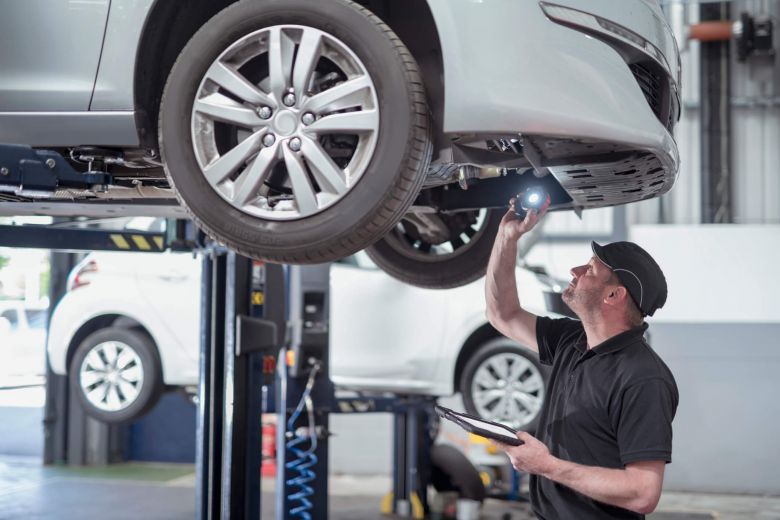The government-backed, self-regulatory organisation provides dispute resolution services for consumers and businesses in the UK's automotive industry.
Its primary focus is on issues related to buying and servicing vehicles – and reaching a fair and impartial resolution. It aims to ensure that consumers' rights are protected and that automotive businesses adhere to industry standards and codes of practice.
Between July 1st and September 30th 2023 (Q3), the Ombudsman for the automotive sector accepted a total of 1,348 new submissions from motorists - a rise of 10% from the 1,226 complaints recorded in the second quarter of 2023.
It is also a 13% increase versus the volume seen during Q1 of 2023.
Concerningly, the number of disputes received by Ombudsman in Q3 surpassed last year’s total by 9% over the same period.
According to the report from The Motor Ombudsman, diesel cars accounted for half (52%) of all service and repair complaints in Q3. This was followed by petrol vehicles (40%), EVs (4%), and hybrids (4%).
Further analysis of the data shows that 51% of serving and repair complaints were as a result of disputes in the ‘drivetrain’ category.
Within this, the engine was responsible for 73% of these complaints, followed by the transmission (15%), and the fuel and exhaust systems (12%).
Expanding on this area, the Ombudsman stated that drivetrain problems that were reported included engine failures due to incorrectly fitted oil filters and turbos, and reconditioned gearboxes being installed on vehicles before getting customer consent.
The second highest number of disputes, which accounted for 17%, was the level of customer service experienced by consumers during a routine service or ad hoc remedial work.
Following this, complaints relating to the chassis area of the vehicle, which includes the suspension, brakes, wheels, and the steering, were responsible for 10% of reports to the Ombudsman.
Electrical issues were responsible for another 10% of complaints in Q3.
This includes issues with cruise control systems, EV batteries, and brake lights not illuminating during pedal activation.
Exterior issues resulted in a further 8% of the customer complaints to the Ombudsman. For this category, it includes dissatisfaction with bodywork defects and poor quality repairs. This also relates to external fixtures, such as electric wing mirrors not folding, EV charging flaps not closing, and sliding doors causing rear wheel arch damage.
Finally, complaints concerning the interior of vehicles accounted for 3% of the Q3 data.
According to the Ombudsman, during the third quarter of 2023, the three most requested resolutions stated by the majority of consumers to help bring their dispute to a close, were a free of charge repair (28%), followed by compensation (25%), and a full refund (22%).
Bill Fennell, Chief Ombudsman and Managing Director of The Motor Ombudsman, said: “This year has seen a notable uplift in the volume of contacts received from consumers, and the number of cases accepted with regards to a service or repair.
“With the rising costs to maintain and keep a car on the road, combined with other significant financial pressures on households, this is driving a greater likelihood to make a complaint.
“With the current trend showing no let-up in the volume of cases accepted by our service, we expect to receive in excess of 5,000 service and repair disputes by year-end, and as we look ahead to the coming months, 2024 is likely to follow a similar trend according to current projections.”
The RAC’s car care section has a wide range of services that can help you avoid any issues. Visit a trusted local garage or contact a mobile mechanic for any help you need regarding your vehicle.
What do you make f the announcement from the Motor Ombudsman? Have you had your own challenges in the past year? Leave your comments below.









